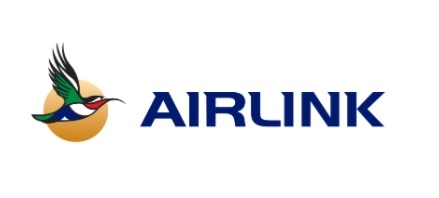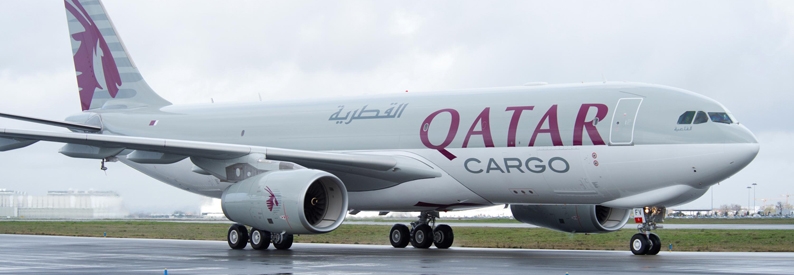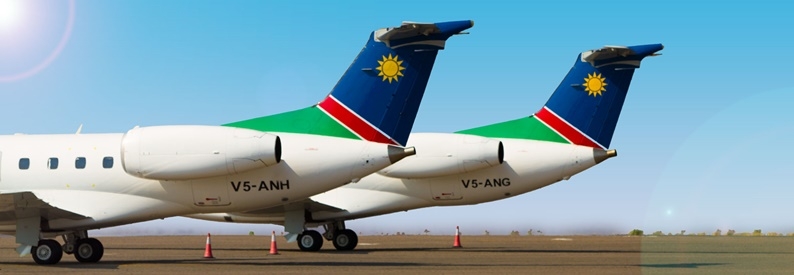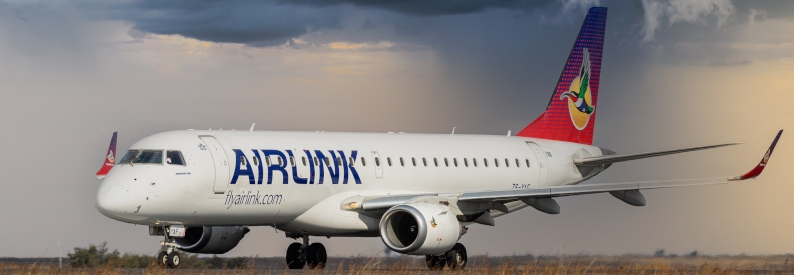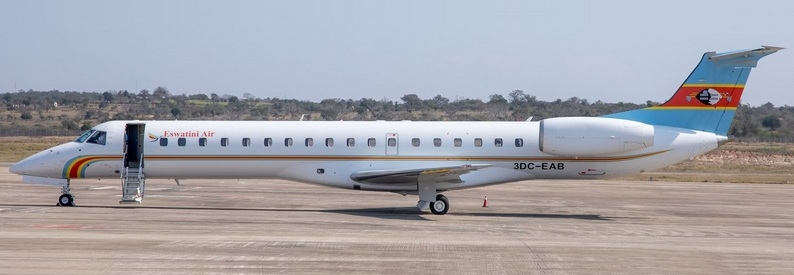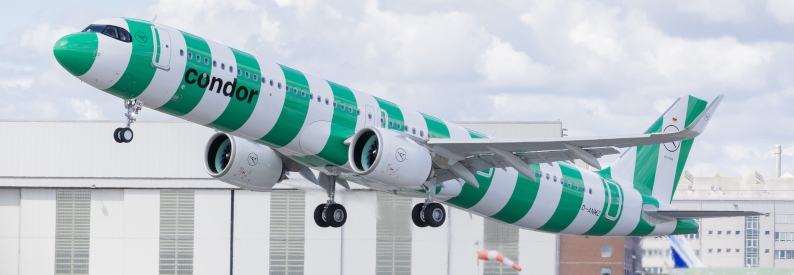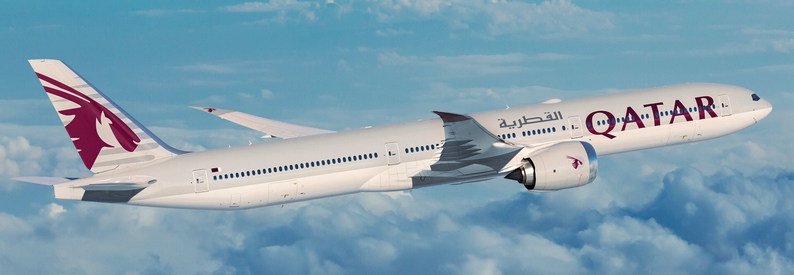Airlink (South Africa) (4Z, Johannesburg O.R. Tambo) has told South Africa's Competition Tribunal that its operations on the contested Johannesburg-Mthatha route were marked by financial losses and high re-establishment costs, not predatory pricing, as the airline faces allegations of abusing its market dominance on the domestic route between 2012 and 2016.
The tribunal resumed evidence hearings on September 22, having been postponed several times since the case was first referred by the Competition Commission, the investigative authority, in February 2018. The case stems from complaints filed between 2015 and 2017 by failed start-up Fly Blue Crane (Johannesburg O.R. Tambo), business executive Khwezi Tiya, and the O.R. Tambo District Chamber of Business. They claim that Airlink charged excessive fares before Fly Blue Crane entered the route, then slashed prices below cost to drive the competitor out, and later returned to high fares after Fly Blue Crane exited in January 2017.
The commission’s investigation found that Airlink allegedly abused its dominance from September 2012 to August 2016, causing consumers to overpay by more than ZAR100 million rands (USD5.7 million) over five years on the route. It charged that Airlink's pricing had contributed to the exit of Fly Blue Crane.
However, Airlink has argued that the route was never consistently profitable, citing an operating loss of ZAR12 million (USD690,000) outside the disputed period, extended service suspensions between 2019 and 2022, and significant challenges at Mthatha Airport, including unreliable electricity, limited fuel storage, and poor runway lighting, reports IOL News.
Economic expert Anthony Felet told the tribunal that global shocks - from the 2008 financial crisis to the COVID-19 pandemic - had further strained the airline, forcing debt restructuring and shareholder contributions of ZAR100 million (USD5.8 million) to maintain operations.
Felet said that rebuilding the route after the pandemic required Airlink to absorb ZAR28 million (USD1.6 million) in losses, demonstrating a long-term commitment rather than short-term profit-seeking. While the airline earned ZAR104 million (USD6 million) in operating profits during the complaint period, it argued that fare increases averaging about 6% annually reflected market conditions, not anti-competitive intent.
If found guilty, Airlink could face administrative penalties of up to 10% of its annual turnover and orders to adjust its pricing practices. Observers say the outcome could set a precedent for pricing regulation on South Africa’s domestic air routes, particularly in underserved regions like the Eastern Cape.
The latest round of hearings is set to run for another two weeks.
Airlink declined to comment outside the confines of the Competition Tribunal.
